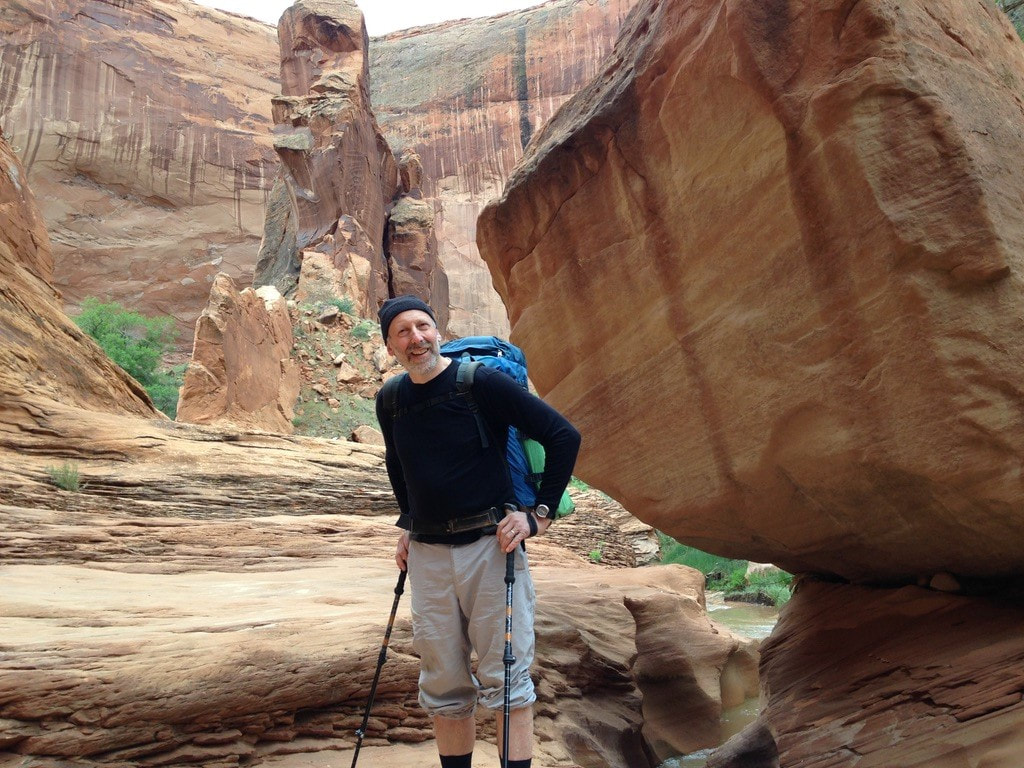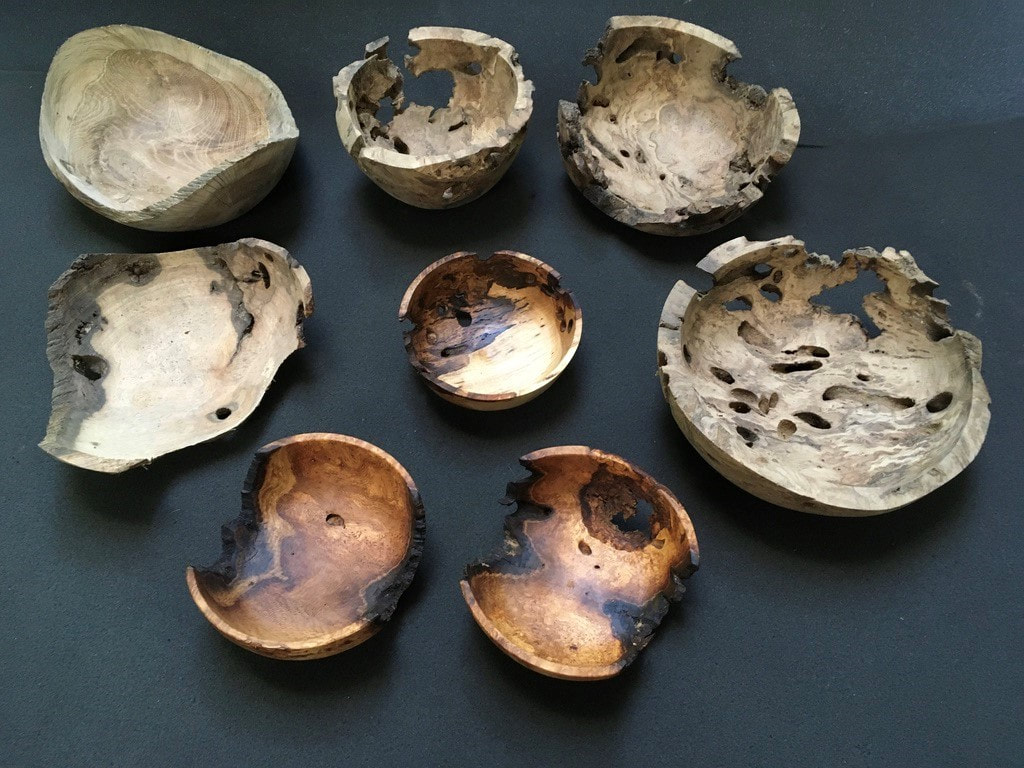That ecological processes (bacteria, plants, digging critters, etc.) are fundamental drivers of the movement and storage of water on earth.
What are your undergraduate and graduate degrees in?
My undergraduate degree is in physics from Reed College (1981). My thesis presented an exact solitary-wave solution with particle behavior (quantized mass, spin, etc.), to the non-linear wave equation. I took 6 years to roam the world before settling on hydrology, and attending Cornell in the Department of Agricultural Engineering from 1987-91. My masters thesis presented a stochastic precipitation model and the erosion it would provide, and my PhD looked at the theory and physical manifestations of fingered flow in porous media.
How did you arrive at working in/thinking about ecohydrology?
Working in Chile on sabbatical I saw soil seasonally change its hydraulic conductivity by 5 orders of magnitude. Thinking about what drove this, and later, why many soils of vastly differing textures settled to properties consistent with the climate in which they are found, has led me to believe in the deep linkage between soil, climate, and ecological framework.
What do you see as an important emerging area of ecohydrology?
I think we need to stop viewing soil and climate as static, and start to view them as dynamic elements responding to the local, regional, and global setting. These non-linear relationships vastly complicate the hydro-ecological response to human perturbations, so we will need to be very careful to develop workable predictive frameworks to show the general trends in hydroecology in the anthopocene.
Do you have a favorite ecohydrology paper? Describe/explain.
Such an unfair question! Miller and Miller (1956) provide a physically-based unified theory of soil-water which eventually will be extended to ecological processes; Green and Ampt (1911) and Gardner (1958) lay out a framework for thinking about water in soil that illustrate how insightful simplification can yield powerful insight; Eagleson (too many to pick just one, but let’s say his book “Ecohydrology”) hands the baton to the community observing that we cannot simply wish-away complexity, and in fact, should embrace it. Taken together, these luminaries provide my guiding principles for scientific exploration in this area.
What do you do for fun (apart from ecohydrology)?
Again – completely unfair! I turn wood into bowls, I ski, hike, bike, travel, and try to explore the world of ideas with people who see the world in fresh ways.


 RSS Feed
RSS Feed